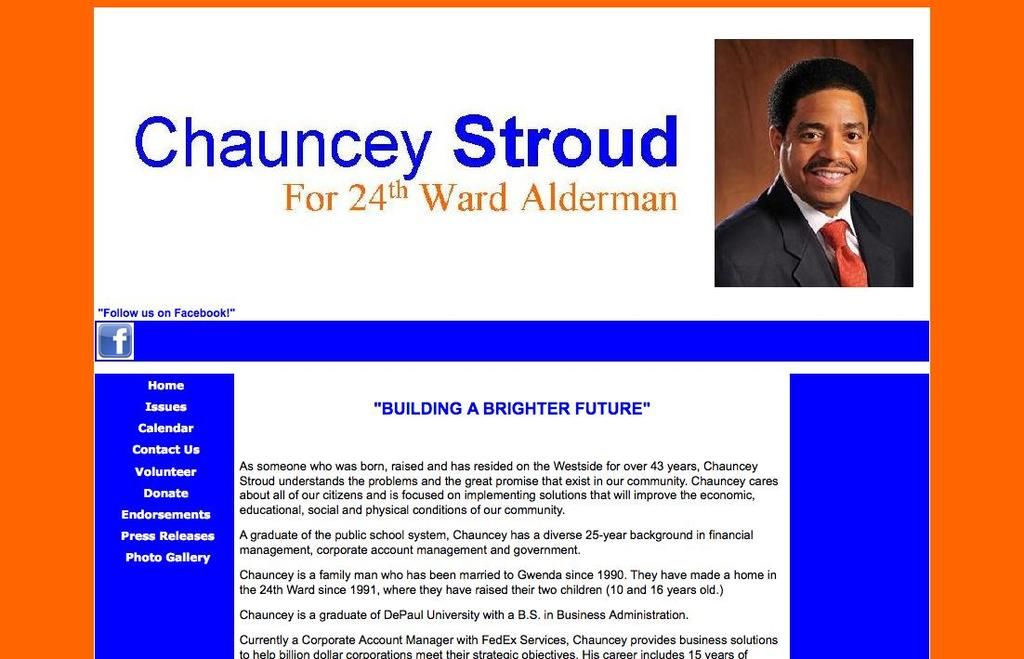What's the Scoop on a Locked-In Interest Rate?
Fixed Rate Mortgage: A Deeper Dive into Its Definition, Functions
A locked-in interest rate, or rate-lock, is when a lender promises a set interest rate, provided the borrower closes the deal by a specified deadline. This arrangement appeals to mortgage borrowers who think rates might boost between their offer acceptance and the final loan settlement.
Key Facts
- Locked-in Interest Rates: Think of a magic protective shield for your mortgage. It stops interest rates from escalating from when you accept the bank's offer to when you seal the deal on your home.
- Use with Mortgages: Locked-in rates are primarily used for mortgages, helping home buyers to lock in their rate and avoid higher future interest rates.
- Changes to Mortgage Application: If the loan application undergoes significant modifications or credit score adjustments, the locked-in rate may no longer apply.
- Inefficient Rate-lock: If interest rates plummet during the mortgage negotiation, a locked-in rate might lock you out of a sweeter deal.
Here's How it Breathes Life into Your Mortgage
Ever thought your dream home might sail away due to changing interest rates? That's where locked-in rates triumph. Just like a superhero, they swoop in to save the day!
With interest rates dishing out daily or even hourly fluctuations, locking-in can help mortgage buyers make the right decision. Once you decide on a mortgage agreement, the loan interest rate often becomes a crucial factor. But the home sale process can drag on, giving interest rates time to rise. No need to fret; your locked-in interest rate comes to the rescue, keeping interest rates stable during the period you're given to close the deal.
But remember, this protective shield might vanish if modifications occur in the mortgage application, like an unfavorable appraisal or credit score changes.
Special Sauce and Considerations
The lock-in rate's cost varies from one lender to another and depends on the buyer's situation. While some lenders offer free, short-term rate locks, longer lock-ins might cost more. Watch out for fees if you need to postpone the closing date.
In the case of commercial loans, the lock-in rate fee is usually unavoidable. Before signing on the dotted line, ensure you get a written copy of the lock-in agreement and contemplate consulting a legal or real estate professional. Also, ask the lender what might happen if the deal's settlement is delayed due to no fault of your own.
Lastly, consider the probability of lowered interest rates during the mortgage negotiation. Should this occur, your locked-in rate might deprive you of a better deal.
A Peek At What Happens When You Secure a Locked-In Interest Rate
If you're on a homebuying adventure, locking-in the rate means interest rates won't take flight until the lock expires. But if rates nose-dive, you might miss the boat on a cheaper loan.
How Long Can a Locked-In Interest Rate Last?
There's no concrete rule on how long a locked-in rate might last. Lenders typically offer lock-ins for varying periods, usually between 15, 30, 45, or 60 days. Check with your lender to determine the company's specific terms.
Can You Play with Interest Rates After Locking?
Locking the rate basically sets the deal in stone. So, unless you find a lender offering a float-down option or your rate expires, the rate you locked remains unchanged.
The Big Picture
Worried about interest rates going up during the homebuying process? There's no need to fear with a locked-in interest rate at your side. This sweet little arrangement guarantees a fixed interest rate for a set period, offering peace of mind and helping you finalize your financing. However, be cautious; locked-in rates might keep you from snagging lower rates if interest rates drop during the locked-in period.
- In the realm of business, investing in real-estate can be secured with a locked-in interest rate, providing a protective shield against future interest rate increases for mortgage borrowers.
- When it comes to securing finances for a business activity like an Initial Coin Offering (ICO), a locked-in interest rate can offer stability to potential investors, allowing for sensible decision-making in an industry with volatile market conditions.
- Commercial loans, like those used in real-estate development or startup funding, may also benefit from locked-in interest rates, ensuring that budgeting and financial projections remain consistent even with changes in market rates.







